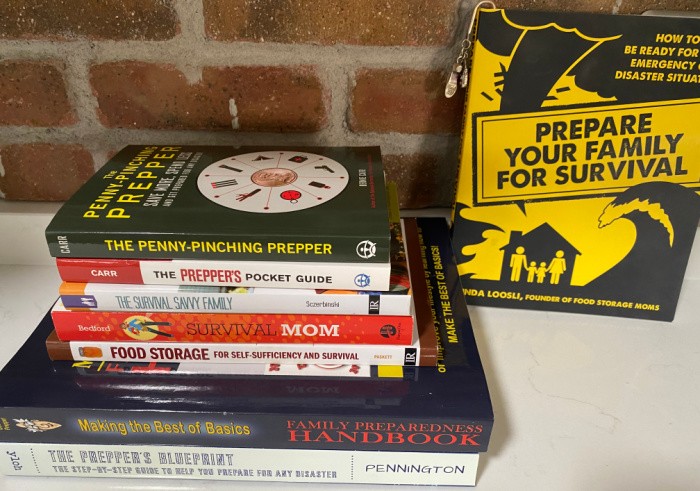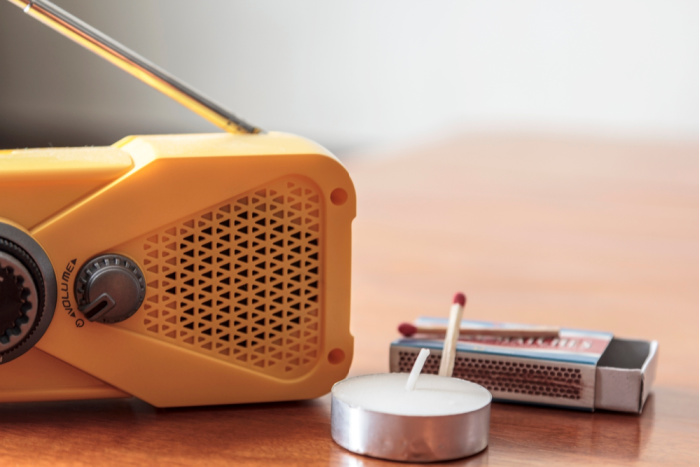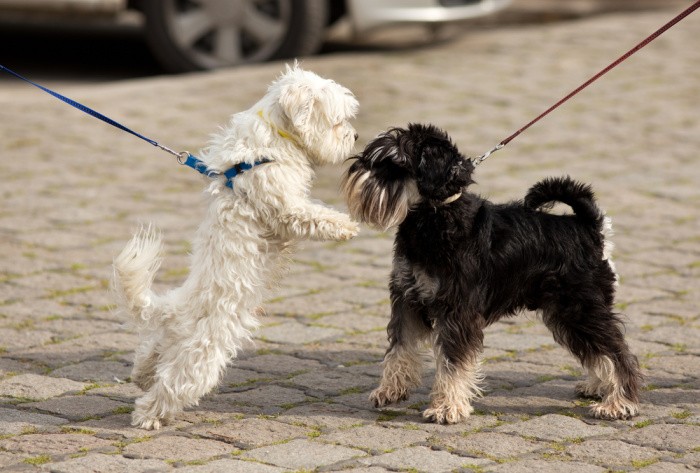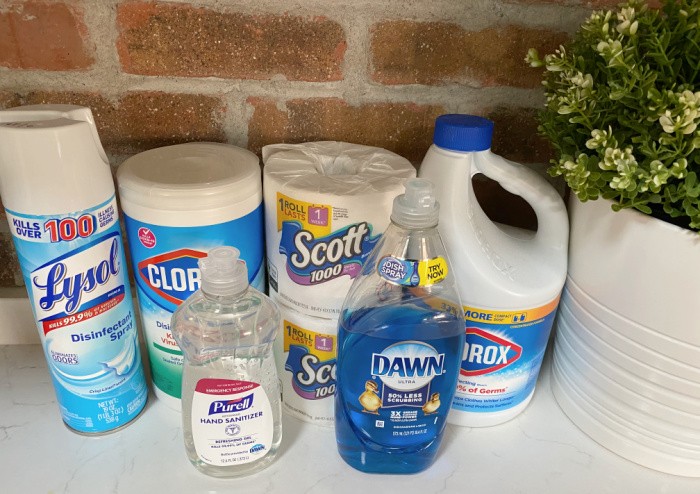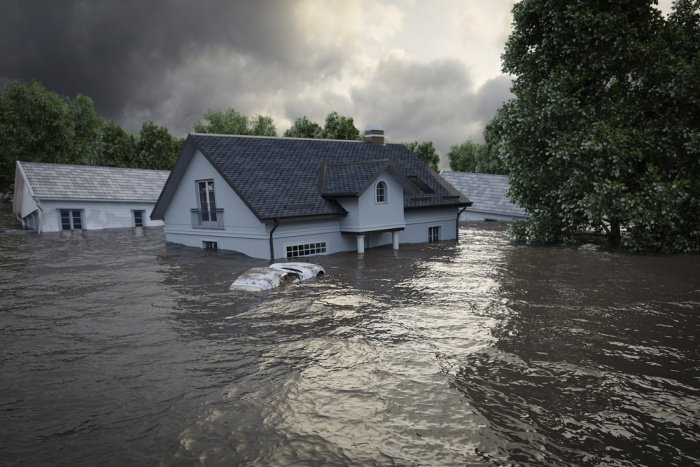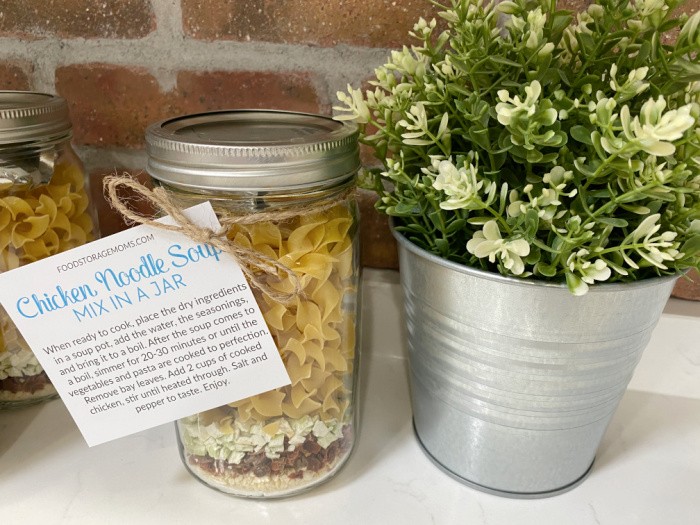How to Keep Your Pet From Getting Stressed in Emergencies
Emergencies can be stressful for everyone, including our pets. Whether it’s a natural disaster or a sudden health crisis, it’s important to take steps to ensure our furry friends feel safe and calm during these challenging times.
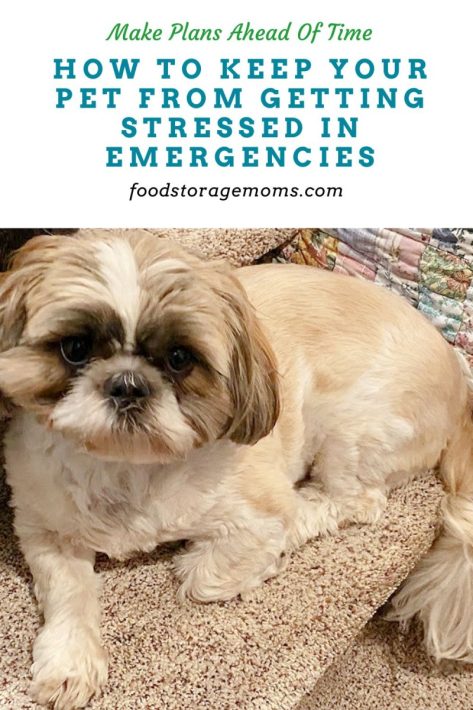
Here are some tips on how to keep your pet from getting stressed in emergencies:
1. Create an Emergency Plan
Having a well-thought-out emergency plan is crucial for you and members of your family, but also for your pets to help keep them safe and minimize their stress. Include details on what you would do if you aren’t home or you’re unable to reach your pet when disaster strikes. Assign someone you trust to be responsible for your pet’s care in case you’re unable to be there yourself. What to do With Your Pets in an Emergency
It seems like whenever we have a weather-related event like a hurricane or flood, we see news reports of abandoned pets who are left to fend for themselves. That just isn’t right and a pet emergency plan needs to be included in your overall disaster preparedness plan.
2. Prepare an Emergency Kit
Stock up on essential supplies for your pet’s well-being during emergencies as you put together your pet’s emergency or disaster kit. This includes food, fresh water, medications, and any necessary documents such as vaccination records from your veterinarian. Make sure the kit is easily accessible and kept in a waterproof container. What Are 20 Basic Items in an Emergency Kit?
If you have a dog, be sure to include a comfortable leash and possibly a sturdy harness. In emergencies, you probably won’t be able to provide the “freedom” for the dog that they’re used to. It provides a level of control without much intimidation to the animal. Dogs may need a muzzle to help maintain control, but only you know if that could prove necessary.
3. Microchip and ID Tags
Ensure that your pet is microchipped and wearing a collar with up-to-date identification tags, including your current contact information, including your phone number as an emergency contact. In the chaos of an emergency, it’s crucial to have a reliable way to identify and reunite with your pet if they become lost or separated. It helps anyone who finds your pet to know and call it by the pet’s name, thus making the pet feel more comfortable.
Most localities require you to license your dog and now would be a good time to make sure that license is up to date. If the dog is picked up by animal control they can more easily identify who the owner is and return the animal on a timely basis. Animal emergency shelters are a great community resource, but can often cause your pet to get uptight due to the unfamiliar surroundings.
Take a picture of your pet at least annually so you have recent photos to show others in case you become separated.
4. Familiarize Your Pet With Their Pet Carrier
If evacuation becomes necessary, having your pet comfortable and familiar with their carrier can make the process significantly less stressful. Gradually introduce your pet to their carrier, crate, or home kennel by leaving it open in their living space and incentivizing them to explore it with treats, blankets, food bowls, or their favorite toys.
5. Keep Calm and Provide Reassurance
Pets can sense our emotions, so it’s essential to stay calm and provide reassurance during emergencies. Speak to your pet in a soothing voice, offer gentle physical contact, and maintain a positive demeanor. This can go a long way in helping them feel secure and less stressed during emergency situations. First Aid Kit Ideas For Your Pets
6. Create a Safe Space
Designate a safe space for your pet within your home where they can retreat during emergencies. This could be a quiet room with their bed, toys, and familiar scents. Make sure the space is secure and free from potential hazards. Pandemic: What You Need To Shelter In Place
7. Maintain Routine as Much as Possible
Consistency and routine can provide a sense of stability for pets, even in stressful situations. Try to maintain their regular feeding, exercise, and playtime routines as much as possible. This familiarity can help reduce their anxiety and provide a sense of normalcy. Managing the Mental Stress of Prepping
8. Seek Professional Help if Needed
In some cases, pets may require additional support to cope with the stress of an emergency. If you notice prolonged or severe signs of distress in your pet, such as excessive panting, pacing, or changes in behavior, get in touch with your vet! Is Tap Water Safe to Drink?
What are some signs your pet is stressed?
- Changes in appetite – A stressed pet may show a decrease or increase in appetite.
- Increased vocalization – Excessive barking, meowing, or whimpering can be a sign of stress.
- Aggression or destructive behavior – Pets may become more aggressive towards people or other animals, cause animal bites, or they may start chewing furniture or household items.
- Hiding or withdrawal – Stressed pets may hide in secluded areas or isolate themselves from family members.
- Excessive grooming – Cats may excessively groom themselves, leading to hair loss or skin irritation. Dogs may lick or chew at certain body parts.
- Changes in litter box habits – Cats may have trouble using the litter box properly when stressed.
- Restlessness or pacing – Anxious pets may exhibit restless behavior, such as excessive pacing or inability to settle down.
- Changes in sleep patterns – Stressed pets may have trouble sleeping or may sleep more than usual.
- Changes in body language – Watch for flattened ears, tucked tail, dilated pupils, or a hunched posture, which can indicate stress in pets.
- Health issues – Chronic stress can lead to various health problems in pets, such as digestive issues like vomiting or diarrhea, urinary problems, or skin conditions. If they experience seizures more than likely it’s more than stress. Have them checked out by a veterinarian as soon as possible.
More Emergency Tips
- How to Choose the Right Backpack for Emergency Situations
- The Versatile Uses of Bleach for Prepping
- Prepping for a Baby: Stockpiling in Case of Emergency
Final Word
Remember, your pet relies on you for their safety and well-being during emergencies. Go ahead and follow these steps so that you can help minimize their stress and ensure their overall health and safety. Stay informed, stay calm, and prioritize the needs of your furry friend. May God Bless this World, Linda





